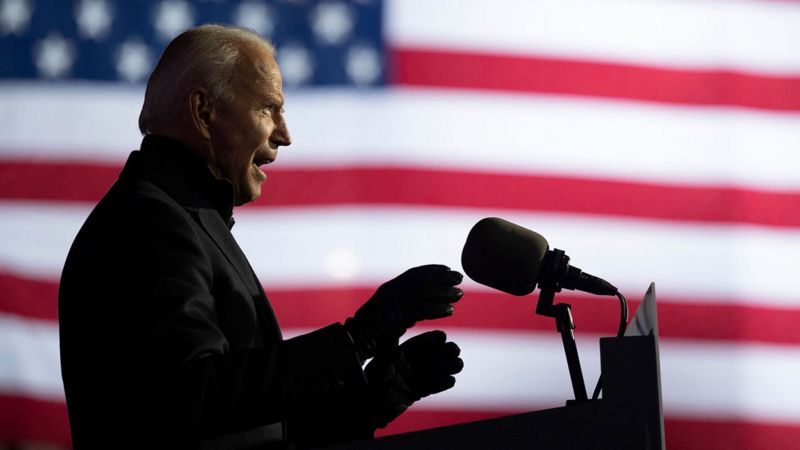The McGill Policy Association (MPA) hosted an hour-long virtual panel on Nov. 13 to discuss the implications of the 2020 U.S. presidential election on Canada and the world. MPA events usually focus on domestic policy, but given the importance of the recent election, the independent student group decided to host a talk addressing the ramifications of Joe Biden’s victory.
Matthew McLaughlin, U3 Arts and co-executive director of the MPA, moderated the panel alongside Michelle Marcus, U1 Arts. The two moderators guided the event’s panellists, McGill Law professor Andrea Bjorklund and Max Bell School of Public Policy professor David Shribman, through a list of students’ questions. With expertise in international and commercial law, public policy, and journalism, the two professors analyzed the results of the election in relation to their fields of study. In an email to the McGill Tribune, McLaughlin discussed why the MPA covered the U.S. election.
“We decided that this year’s U.S. presidential election was simply so important [that] it made sense for us to host an event discussing its potential policy ramifications,” McLaughlin wrote. “Canada and the U.S. are each other’s largest trading partners. Canada depends on the U.S. for military protection, [and] our economy is intrinsically tied to the fate of the American economy [….] Our bilateral relationship is immensely important.”
Hosted on Zoom, the event was divided into a 40-minute discussion panel, followed by a 20-minute Q&A session with audience members. Following brief introductions, the panellists shared their opinions on Trump and Biden’s campaigns, the presidential debates, election day, and the extended vote counting process. Applying his experience working as a national political correspondent for The Wall Street Journal and The New York Times, Shribman provided students with a summary of his observations of the 2020 election.
“[The election] was nasty, brutal, and not short,” Shribman said. “It was horrifying in many elements. [The first debate] was absolutely the worst presidential debate in American history. At least one of the candidates was rude and intemperate, while the other was barely visible [….] There are even more difficulties ahead.”
Bjorklund and Shribman covered additional topics, including the role of the Electoral College and the popular vote, voter turnout, and polarization in American politics. The second half of the discussion panel focussed more heavily on Biden’s approach to domestic and foreign policy. In explaining what Canadians can expect from the new administration, Professor Bjorklund discussed Joe Biden and Kamala Harris in contrast to the outgoing Trump administration.
“[There will be] more coordination and cooperation about things like the border, and about what should happen to protect people on each side [of the border] from the virus from getting ill,” Bjorklund said. “I think [we will see] more co-operation generally [….] The whole tone of the [new] administration is going to be so different, and it seems like such an anodyne thing to say [that] they’ll be positive, they’ll be pleasant, they’ll be easy to deal with, [so] that will be different.”
Students who attended the panel prepared enough questions to fill the allocated one-hour time slot. McLaughlin explained in the email to the Tribune what he hopes students who attended the panel will have gained.
“Our goal for the panel [was] to delve into the policy implications of Joe Biden’s win, with a special focus on how those implications will affect Canada,” McLaughlin said. “Hopefully, the audience members [left] with a better grasp on what the next four years have in store, public policy-wise.”
Students interested in the McGill Policy Association can find out more about future events via the student group’s Facebook page and website.







